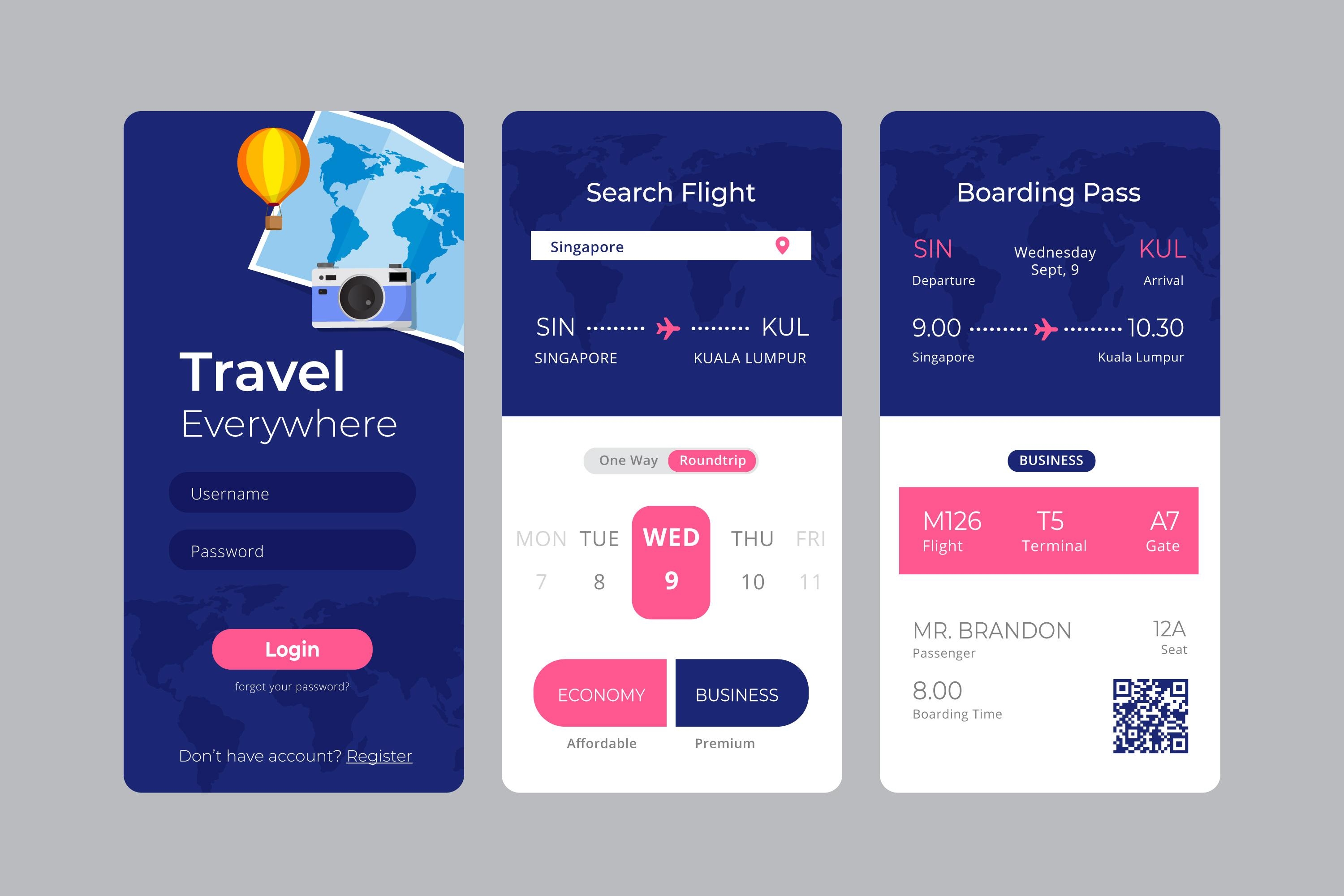The tourism industry has always been at the forefront of adopting innovation, from online booking systems to digital navigation tools. Today, artificial intelligence is shaping the next big revolution in global travel. AI-powered trip planners are no longer just optional tools but essential companions for modern travelers. By analyzing user preferences, travel history, budgets, and even real-time conditions, these apps are transforming how individuals and businesses engage with tourism worldwide.
As international travel becomes more personalized and seamless, the rise of AI trip planners has created new opportunities for businesses to deliver better experiences. This trend has accelerated in recent years, making AI Trip Planner App Development a focal point for tourism technology providers.
How AI Trip Planner Apps Are Changing Traveler Experiences
Travelers no longer want generic itineraries; they seek journeys tailored to their interests and convenience. AI trip planner apps excel at creating hyper-personalized experiences by combining data from multiple sources such as weather forecasts, local events, reviews, and transportation schedules.
-
Real-time recommendations: AI can suggest nearby attractions or restaurants based on location and time.
-
Budget-friendly planning: Apps analyze pricing patterns for flights and hotels to help users save money.
-
Adaptive itineraries: AI modifies trip schedules in response to delays, closures, or unexpected changes.
These capabilities are transforming how people experience destinations, making travel more enjoyable and less stressful.
The Global Rise of Smart Tourism Driven by AI
Tourism has always been a global industry, but artificial intelligence has accelerated its integration into everyday travel. Governments and tourism boards worldwide are increasingly investing in AI-powered platforms to promote destinations. Travelers now expect smart solutions that reduce planning time and increase convenience.
Several regions, particularly in Asia and Europe, are already seeing widespread adoption of AI-driven tourism apps. Smart city initiatives often integrate AI trip planners into transportation networks, cultural sites, and hospitality services. This reflects a broader global shift toward digital-first tourism solutions.
Key Features That Define AI Trip Planner Applications
The success of AI trip planner apps lies in their advanced functionality, which goes far beyond simple booking platforms. Some of the most impactful features include:
-
Predictive analytics: Forecasts travel trends, crowd levels, and pricing fluctuations.
-
Natural language interaction: Enables users to ask questions conversationally and receive instant responses.
-
Multi-channel integration: Connects with airline websites, hotel booking engines, and local tour operators.
-
Machine learning personalization: Learns traveler preferences over time to improve recommendations.
-
Offline accessibility: Provides guidance and maps without requiring continuous internet access.
These features are making AI trip planners indispensable for modern travel planning.
The Role of AI Trip Planner App Development in Tourism Growth
The increasing reliance on AI tools in tourism is closely tied to the rapid progress of AI Trip Planner App Development. Developers are leveraging machine learning models, big data analytics, and predictive algorithms to build applications that serve both travelers and businesses.
Tourism companies now view AI integration as a competitive advantage. By offering smart travel planners, they can improve customer satisfaction, encourage repeat bookings, and streamline service delivery. This demand is creating significant opportunities for businesses investing in tourism app development across the globe.
Business Benefits of Building AI-Powered Tourism Applications
For businesses in the tourism sector, AI trip planner apps are more than just customer-facing tools—they are powerful growth drivers. Key benefits include:
-
Increased customer engagement: Personalized recommendations encourage longer app usage.
-
Revenue optimization: AI predicts peak seasons and suggests dynamic pricing strategies.
-
Operational efficiency: Automating support reduces dependency on large customer service teams.
-
Market differentiation: Businesses offering AI-driven planning solutions stand out from competitors.
Companies seeking to expand in the global tourism market can also leverage professional AI development services to build scalable and innovative applications.
Challenges and Considerations in AI Trip Planner Implementation
While AI brings significant advantages, building and deploying intelligent tourism apps also comes with challenges. Developers and businesses must address:
-
Data privacy concerns: Handling sensitive traveler data responsibly is critical.
-
Integration complexity: Connecting apps to multiple booking platforms, airlines, and local services requires advanced technical expertise.
-
Cultural adaptability: AI systems must recognize regional differences in travel habits.
-
Continuous updates: AI algorithms require constant training with new travel data.
Addressing these challenges effectively can ensure sustainable growth in AI-powered tourism platforms.
The Future of AI Trip Planner Apps in Global Tourism
As artificial intelligence continues to evolve, AI trip planner apps will play an even more central role in shaping the future of travel. From incorporating augmented reality to enhancing multilingual interactions, upcoming innovations will redefine user experiences.
For businesses looking to gain a competitive edge, the demand for AI-based solutions highlights the importance of collaborating with technology specialists. Companies planning to expand into this field often hire AI developers who can design customized solutions aligned with business goals. The tourism industry will likely see an increase in AI-integrated ecosystems where transportation, hospitality, and cultural experiences merge seamlessly.
Conclusion
The growing impact of AI trip planner apps on global tourism is undeniable. Travelers now expect personalized, efficient, and data-driven experiences, and businesses are racing to meet these demands. From predictive insights to real-time recommendations, AI-powered travel planning is making tourism smarter and more accessible.
For organizations, investing in AI Trip Planner App Development is no longer optional—it is a necessity to remain competitive. By leveraging advanced technologies and focusing on user-centric design, tourism companies can unlock new opportunities and shape the future of global travel. The journey ahead promises more innovation, more convenience, and more memorable travel experiences powered by AI.


